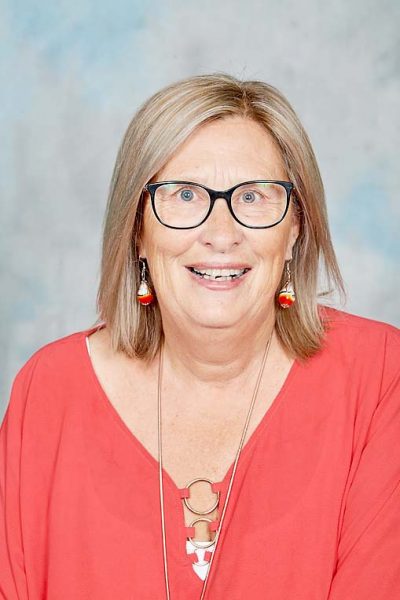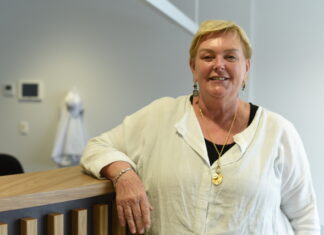
GRANT District Council elected members were expected to vote on whether a secret “cultural review” should be released into the public domain.
Deputy Mayor Gill Clayfield submitted a notice of motion to have the report taken out of confidence at last night’s full council meeting.
This follows elected members voting to have this report remain secret from the public for a staggering seven years.
The cultural review report was prepared by independent consultants in a bid to end the instability that had engulfed the council earlier this year.
These issues included claims of bullying within the organisation.
Explaining her reasons for the notice of motion in the council agenda, Cr Clayfield said she believed the cultural review no longer met the criteria for “in confidence” under the local government act.
“I also feel the staff who were very invested and all took part in the cultural review are feeling very excluded having not seen the results of the review,” Cr Clayfield said.
“Since the cultural review was completed a Charter of Agreed Behaviours was established, moved as a motion and must be adhered to by all elected members and staff and it is essential that staff see from where this was based.”
Given a new chief executive officer was about to start, Cr Clayfield argued the release of this information would ensure an “open and transparent pathway” for the moving forward of the council.
“Again I would like to thank the staff for their efforts around completing the cultural review and ensure them the elected members will endeavour that all aspects of the Charter of Agreed Behaviours are enforced.”
Council is in the process of appointing a new chief executive officer following the sudden departure of David Singe in April.
Mr Singe spearheaded the need for cultural review.
Following a sweeping cultural review into the organisation, elected members pushed through a charter of agreed behaviours.
This followed council being hit with a number of issues, which included code of conduct complaints and claims of bullying within the organisation.
Council is also continuing to keep a special meeting – which was held in an open forum – in a shroud of secrecy despite a freedom of information (FOI) application being lodged by The Border Watch.
Senior management officials have refused to release the two-hour audio recording of the meeting, which discussed cultural and behavioural issues.
The request is now under review by South Australian Ombudsman Wayne Lines.
Council has sought legal advice in a move to stop this recording becoming public.
Under the cultural charter, elected members cannot enter and move about the council offices without an escort and prior arrangement.
Elected members must also communicate all matters directly to the CEO and “at no time” should they engage with, or direct, other members of staff without the consent of the appropriate line manager.
“An elected member will operate as a member of the public in accessing information or assistance for the matter and not utilise their understanding of council and/or established internal relationships to ‘short cut’ the system,” according to the lengthy charter.
The new charter also states elected members should present a “unified position” once a decision is made.
All mayoral appointments, events and meetings will need to go through the executive assistant and logged in the mayoral calendar.
Elected members will only be eligible for reimbursement of travel and other costs when the event had been logged in the elected member’s diary.







